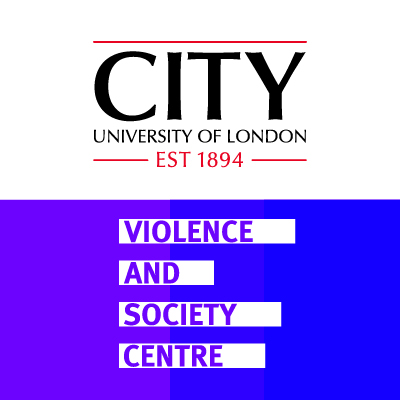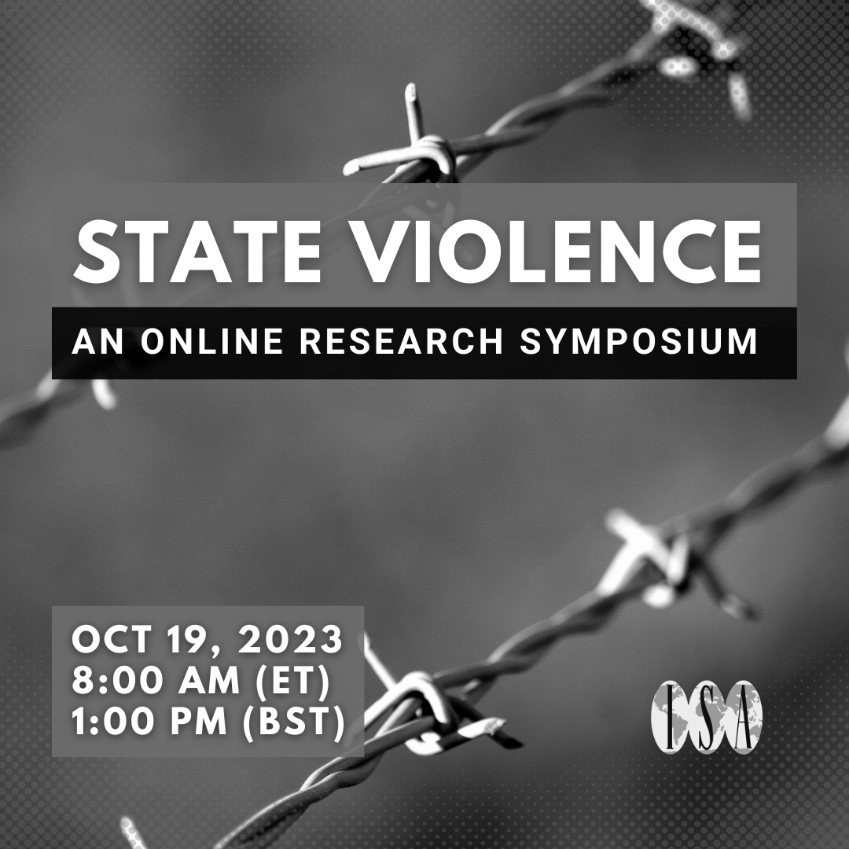Researching violence against women and girls (VAWG) in low- and middle-income countries (LMICs) presents unique challenges, primarily due to various contextual factors that hinder conventional survey methodologies. These challenges include limited funding, political obstacles, and safety concerns for both researchers and participants. Consequently, traditional survey approaches may prove unfeasible or inadequate in capturing the complex realities of VAWG in these settings.
VAWG is a particularly pressing issue in Iran, a Middle Eastern country marked by its patriarchal structure and systematic and pervasive gender discrimination. The patriarchal and legal structure of the country perpetuates gender inequalities and reinforces societal norms that tolerate or even condone violence against women. Yet, understanding the full scope of VAWG in Iran remains hindered by a lack of robust data.
In a recently published study, VISION researchers, Ladan Hashemi and Sally McManus, collaborated with counterparts from Bristol University (Nadia Aghtaie) and Iran (Fateme Babakhani) to explore the effectiveness of social media in recruiting victims of violence in Iran, shedding light on their experiences and the potential of social media as a research tool.
The findings revealed valuable insights into the manifestation and context of VAWG in Iran. Social media recruitment proved to be effective in reaching a diverse sample of victims and provided crucial insights into the dynamics of violence, the identities of perpetrators, and the settings where violence occurs. Victims often reported experiences from more than one type of perpetrator, spanning both public and domestic spheres. While social media recruitment offers broad reach and a safer environment for data collection, it also presents challenges such as sampling biases which affect the generalisability of findings.
For further information please see: Social Sciences | Free Full-Text | Using Social Media to Recruit Seldom-Heard Groups: Reaching Women and Girls with Experience of Violence in Iran (mdpi.com)
Or contact Ladan at ladan.hashemi@city.ac.uk
Photo from licensed Adobe Stock library

